"There's help out there for whatever you're going through, but you have to make yourself available to the people who are trying to help you. If they've been through something and you're going through it now, you have to be willing to open up and tell them about it. And then you have to listen to what they have to say."
|
"The most challenging time in my life was when my mother passed away from breast cancer. It was November 2002, and I was 17 years old. She was lying in bed, my sister and I were in the room with her, and she asked us to go borrow some baking soda from a neighbor to help with her indigestion. When we got back, she was gone. There was no breath of life in her anymore. My mother was the one who had always told me to keep going and to finish high school, but after she passed, there was no one to push me anymore. I wanted to give up. My stepfather had lost his mother at an early age too, so he helped me through it and told me to keep pursuing my dreams. I graduated from high school, but I still felt so lost inside. I knew I needed help, so I started going to the Union Mission. I didn't have an alcohol or drug problem, and I wasn't homeless, but I needed to find out who I really was. They had Bible studies there, Bible teaching every day, and they taught me to know Jesus. He gave me the love I needed then and he still does to this day. When I finished the nine-month program at the mission, they helped me find a place to live and a job. That's how I moved on. "There's help out there for whatever you're going through, but you have to make yourself available to the people who are trying to help you. If they've been through something and you're going through it now, you have to be willing to open up and tell them about it. And then you have to listen to what they have to say." Terrance is a professional wrestler with Velocity Championship Action. When he's in wrestling mode, he wears a top hat with a feather and goes by the name "Crazy Jack." The images below are from the VCA Wrestling website:
“Serving in Afghanistan for a year as the legal advisor to a training mission was one of the most significant experiences of my life. I had been in the Army Reserve JAG Corps for 21 years and served stateside during Desert Shield / Desert Storm, but this was my first time in a war zone. I lived at the airfield, was rocketed too many times to count, and was on the receiving end of a mortar round once. Whenever we went out in a convoy, I thought, ‘Is today the day? Am I going to be blown up today?’ I never was. I don’t know why. Other people were. There was one month, June of 2008, when it seemed like my unit lost somebody every day. I’ll never forget it because these soldiers, these Marines, these airmen, were young enough to be my children. We’d go to the airfield for the ramp ceremony where the coffins are loaded on the plane, and I often thought, as we stood there watching the coffins pass by with the American flag or the British or Canadian flag, ‘Do their people at home even know yet? They’re dead, they’re in this coffin, they’re going home. Do their families even know?’ I think of men who endured so much more than I did. They were physically wounded, they were maimed, they suffered psychological wounds, and they’ve borne them all these years. People don’t understand what they went through. They’ve made such huge sacrifices; they’ve given so much. “When I got back from Afghanistan, I promised myself that I would do whatever I could to help meet the needs of veterans. Our corner of Tennessee---Shelby, Fayette, and Tipton counties---has the largest concentration of veterans in the state, and the nearest veterans home is nearly two hours away. There’s a campaign underway now to build a veterans home here [West Tennessee Veterans Home], and we have until July to raise the remaining money to make it happen. Veterans need to be in a facility that is dedicated to their needs, where they can get skilled nursing care and rehabilitation. They need the camaraderie that comes from being with other veterans who have had similar experiences, made similar sacrifices, and suffered similar hardships. “They deserve our help. They deserve our care. It’s not charity. It’s justice. It’s part of that unspoken contract between citizens and the people who serve them. On some level, we say to them, ‘If you go out and defend us, serve our country, and you come back, we will care for you when you need help. We’ll care for you in your old age.’ And we have to do that. We have to do it. It’s not the responsibility of the government or the President in Washington or the VA. It’s our responsibility as citizens. President Lincoln said we should 'care for him who shall have borne the battle and for his widow, and his orphan.’ It’s our responsibility, right here in Memphis and Shelby County, Tennessee, because they served us, and we owe them more than just a yellow ribbon on the back of a car.” WEST TENNESSEE VETERANS HOME CAMPAIGN Website: West Tennessee Veterans Home
(Image below from the West Tennessee Veterans Home website) Kevin R. Rardin, Assistant District Attorney
Shelby County District Attorney General's Office, 201 Poplar, Suite 301
Email: [email protected] "By the time I was 24 years old, all of my relatives had died. I didn't have mother or father anymore and I didn't have aunts or uncles. I didn't have a support system. I was a graduate of the University of Memphis [then Memphis State], a business owner, and the mother of five children. The children are what kept me going. I didn't have time to think about anything else. I was just grateful to wake up every morning. Things happen, but if you spend all your time crying about them, you're going to end up being miserable your whole life." "I've always been a positive person, and recently I decided to make some videos for YouTube where I try to encourage people. One day a name for the videos just came to me, and I knew I had to speak on it. I call it: The Power of You."
***** Rayann Phillips has a booth at the Cleveland Street Flea Market, 438 N. Cleveland. Her videos, The Power of YOU!, can be found on YouTube. “When a family first finds out their child might be having some challenges, they’re really scared and don’t know what to do. They come to us [Harwood Center] for help, and before long, they feel comfortable here. We all love what we do. Some of the staff have been with us 30+ years and would never think of being anywhere else. When you see the children making progress, particularly those the doctors have said might never speak or walk, the smiles on the faces of both the kids and the parents make all the effort worthwhile. Sure, the children all have developmental delays, but they have abilities too. We try to focus on and build on what they CAN do. “Some of our families have twins or triplets with a diagnosis of autism, which is even more challenging. They come in stressed. Parents of children with autism are some strong people. It’s very difficult. They want to know when their child is upset, and if a child can’t tell them that something hurts or that they’re thirsty or that they need to go to the bathroom, then it’s frustrating for everybody. We want to make families’ everyday lives better by helping the parents and children learn how to communicate with each other, either verbally or through the use of technology devices like iPads or iPhones. There are lots of apps where the kids can punch buttons and answer questions. Once they can do that, a lot of the stress goes away and then they can move on to the next thing. “If you see a family whose child has a developmental disability, don’t stare or judge. If the mom is struggling with her child in the grocery store, which you see often, maybe having a meltdown, people tend to think, ‘Well, that mom’s just letting that kid get away with everything.’ Maybe take a step back and think, ‘That child may be struggling with a disability and mom’s doing all she can to calm him down so she can buy some groceries.’ I think just being more open-minded and sensitive to what’s going on with people is helpful. That’s with anybody, but particularly with children who have disabilities. You might offer to help: maybe step out and let them go ahead of you if you’re in a long line at Target. Just be compassionate. “I love listening to our families and helping them, and I love seeing our kids make progress. I may get lost in my office doing boring administrative tasks and grant-writing all day long, but when I’m able to step out and be with the children, I remember why I do this.” From the website: "Our program consists of specialized education and therapeutic services for children age 18 months through kindergarten who have a diagnosed developmental disability or are experiencing delays in their development or have behavior challenges...Harwood specializes with children with developmental & behavioral challenges and who have diagnoses such as autism, Down syndrome, cerebral palsy, speech, language & processing disorders, physical & gross motor disorders, prematurity, behavioral disorders, and many other developmental disabilities. Its three locations (Downtown Medical District, East Memphis & Cordova locations permit Harwood to serve children from all areas of Shelby, surrounding counties in West Tennessee as well as Mississippi & Arkansas." Courtney: "I got new shoes! My daddy got 'em for me! They're white!" Claire Moss, Executive Director
Harwood Center, 711 Jefferson Avenue (private nonprofit agency) Website: Harwood Center FB: https://www.facebook.com/harwoodcenter The Commercial Appeal: Memphis Harwood Center for children with developmental delays open to all now (9/8/13) “I knew from the time Cole was six months old that something was off. I’d always been told that when a baby was breastfed, there would be a special connection, but that didn’t happen with him. There was a lot of bonding on my end, but nothing on his. He was so smart, even at a few months old, yet if he hurt himself, he didn’t cry. He didn’t recognize pain, didn’t look me in the eye, and wouldn’t turn toward me when I talked to him or called his name. Nothing I did got his attention. I was a first-time mother, so I wasn’t sure of myself, but after our second child was born, it became more obvious that something was wrong. He was older by then, but his speech wasn’t developing properly, he flapped his hands, toe-walked, and covered his ears at certain sounds. The pediatrician ordered testing, and at sixteen months, he was diagnosed as moderate to severe on the autism spectrum. My husband was devastated. Because he’s in the military and had been deployed for much of Cole’s life, he hadn’t seen the signs up close the way I had and was really caught off guard. “As soon as we had the diagnosis, we got help. Early intervention is so important if you suspect a problem or if you just have a feeling that something’s not right. Cole’s been in therapy for years now with the Harwood Center and has made so much progress. He’ll be five next year and will start kindergarten. For his future, I see things I never saw before: I see a school system where he’s in a normal classroom. I see him getting a job, moving out of the house, and having a real life. I didn’t think that was possible in the beginning. I honestly thought we would be caring for him the rest of our lives, but because of the help he’s gotten, I think he’ll do great. “Autism is a medical diagnosis that he will most likely always have, but that doesn’t mean he is incapable of living a full and happy life like any other child. I love him so much, and I'm so proud of him. I especially love his hugs and kisses. And in those rare moments when he just wants to take my face in his hands and look me in the eye, I know I’ve done the right thing for him.” Website: Harwood Center
FB: https://www.facebook.com/harwoodcenter The Commercial Appeal: Memphis Harwood Center for children with developmental delays open to all now (9/8/13) "In the mentoring program, we have weekly discussions about topics related to real life. Some of my favorites have been about bullying and about finding your identity. Our mentors share problems they've faced and then show us how to apply what we learn to solve problems in our own lives. I can help other people with that information too. Before, I thought I was just a regular person put on the earth for no reason, but now I think I can be an inspiration. Like with my little brother: anything he sees me doing, he does too. What I do affects the next generation." Find out more about becoming a Grizzlies TEAM Mentor HERE. From the Memphis Grizzlies Foundation web page:
“The time I spend every Tuesday with the Grizzlies TEAM Mentor group (3 adults and 9 students together) is the best part of my week. We do a few extra events, like a basketball game together or a food drive project, but it’s mostly just spending a couple of hours a week with these guys. It changes your outlook. Literally, as soon as these kids walk through that door in the afternoon, they’re like, ‘I have to tell you this!’ They always make me laugh. We talk about everything, from who they are and how they see the world, to their schoolwork and how to navigate tough conversations with their teachers. Being with them makes me want to fight harder to see that they get the great education they deserve. They’re involved in so many extra-curricular activities that they’re really excited about too. They’re excited about books they’re read, poems they’ve written, things they’re doing. I can’t wait to see what these kids are going to accomplish in their lives. Now is the time to instill great things in them so that they’ll stay on the right path as they go on through school. They have so much potential and power. As long as they can tap into that and stay focused, they’re going to succeed. They have amazing dreams, and I think they’ll make those dreams happen.” Find out more about becoming a Grizzlies TEAM Mentor HERE. From the Memphis Grizzlies Foundation web page: Mendell Grinter is a mentor with the Grizzlies TEAM Mentor Program at Grizzlies Prep. He is also the Tennessee Black Alliance for Education Options (BAEO) TN State Director.
“When I was ten years old, a neighborhood bully threw a Cool-Whip container full of gasoline on me and set me on fire. I had second and third degree burns on over fifty-percent of my body, and I couldn’t go outside for years. I remember sitting at the window one day watching my brothers and friends play, and I made a promise to myself: ‘When I’m able to go outside again, I’m going to see as much of the world as I can.’ There were commercials on TV about the military that said, ‘Be all that you can be’ and those caught my attention. I researched it and decided to go Navy because they traveled. I was able to touch every continent on this planet except Antarctica, and I don’t consider that a continent; it’s just a big block of ice. [*laughs*] I served on the USS Carl Vinson in the western Pacific and deployed twice to the Persian Gulf, where I transitioned to the weapons department. Building missiles, bombs, and torpedoes is dangerous work. It only takes one wrong tug, one wrong push, and all of us would be gone, so we had to build trust and support. We had to know that we’d go down there and make the right decisions. I didn’t have to go on that second deployment, but I extended my contract so I could. I wanted to. A lot of my friends were still there and I didn’t want to leave them, just in case something were to happen. Being in the Navy was the first time I had ever stepped out of my house and had a group of people who would watch my back and be with me no matter what. If I was hungry, they fed me. If we were hungry, we fed each other. We never left anyone out. They taught me loyalty. We became brothers there. We were all we had. If something happened, they would have pushed me out of the way and taken it, and I would have done the same for them. In the good times, traveling all over the world, to the bad times, losing family members and friends, we stuck with each other. It was tough, but we made it through. “We’re scattered all over the world now, but we still stay in regular contact. We still motivate and push each other. Not long ago, one of my friends was thinking about dropping out of college, and we all got on the phone. He didn’t drop out. We have lifetime support that will never change, and we know each other's boundaries. “When I first got out of the military and came back to Memphis, I bumped into the guy who set me on fire when I was a kid. I used to think, ‘If I ever see him again, I’m going to do this, I’m going to do that.’ And when I saw him, I was angry. I approached him and said, ‘Do you know who I am?’ He said ‘Nah.’ I said, ‘Yeah, you know who I am.’ He kept saying, ‘I’m sorry for what happened to you, man. I didn’t have nothing to do with that.’ Rage just instantly clicked on inside me, but I stopped. One thing that the military taught me was control. I could easily, easily have hurt him, but I didn’t. I let it go. I look back at all the things I was able to do because of what I went through, and I can say he played a part in pushing me through the path of my life. I enjoy my freedom. I enjoy being able to go out and touch these different countries. I enjoy the friends that I have. And if it wasn’t for him, I probably wouldn’t have had all that. “I’ve been with the Grizzlies TEAM Mentor Program since August, and I plan to keep on doing it. I’m also mentoring (by phone) a 13-year-old kid on Staten Island. I found out about him through a news story. He too had been set on fire by bullies, so I contacted the family and have been in touch with them ever since.” Find out more about becoming a Grizzlies TEAM Mentor HERE. From the Memphis Grizzlies Foundation web page: UPDATE (February 2017): Justin has spoken to a number of groups over the past year on the topic of overcoming difficulties in life. Using his own experiences of childhood trauma, he encourages audience members to keep going in spite of the challenges they may face. In addition to his regular full-time job, Justin Brazil is a mentor with the Grizzlies TEAM Mentor Program at Grizzlies Prep.
FB: https://www.facebook.com/justinjbbrazzell DAVID (middle): "We've always loved the fact that our parents had three sons, and we've always been proud that we grew up in Memphis. There was Seth, the smart one; Greg, the athletic one; and me, the one pretty much always in trouble! Now that none of us live in Memphis anymore AND because we all get back so rarely, we cherish the times we can be together in the same house we were all born in during the 1970's. We love you, Memphis!" With Dad & Mom:
"'I've lived in Memphis all my life and wouldn't take anything for my years of growing up here. Our family lived in the neighborhood by the Firestone Plant, my dad worked at the lumberyard, and my mom was a beautician. Everybody in the neighborhood knew each other back then. We didn't lock our doors, and we kept our windows open at night. We played outside with all the other children and didn't have to come inside till the streetlights came on at night. I remember our house was built up on blocks, and it sat so high that we could play under it and stay cool in the summertime. My uncles worked at Firestone, Humco, and Malone & Hyde. Jackson's Cookies was just down the street from our house. You could buy ten coconut cookies for a penny and oatmeal cookies for five cents. Oh, they smelled so good! We didn't just buy them one at a time. We bought them by the case. [*laughs* ] We did our shopping at Sears [Crosstown]. We'd get the sales papers and then we'd go, and the minute you walked in the door, you could smell the popcorn! I went to school at Manassas from the 1st grade to the 12th. Mr. Louis Hobson was our principal. He loved that school, and we loved him. Things have changed over the years, and a lot of those old landmarks are gone, but I still live in the same neighborhood. I love it here." Syrethia Lane has a booth at the Cleveland Street Flea Market, 438 N. Cleveland. She is especially fond of creating macrame items.
|
Archives
March 2021
|
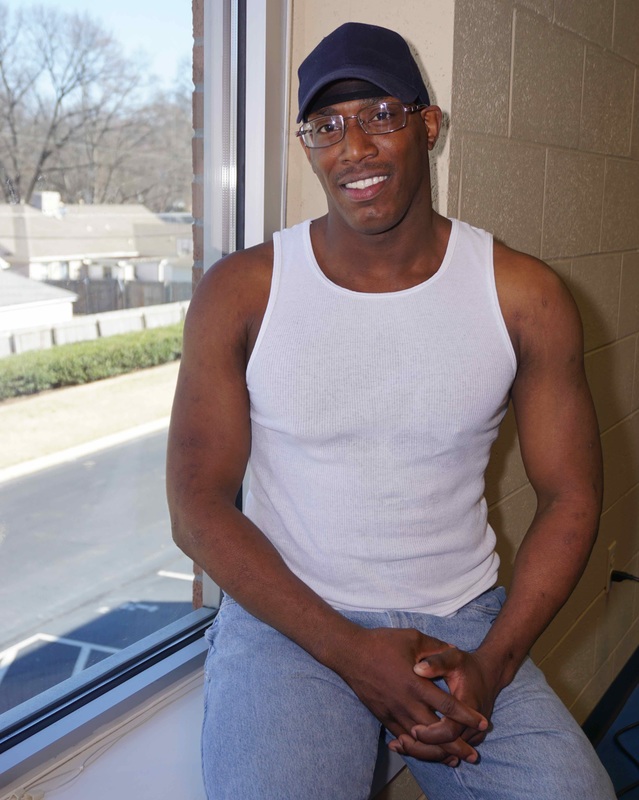
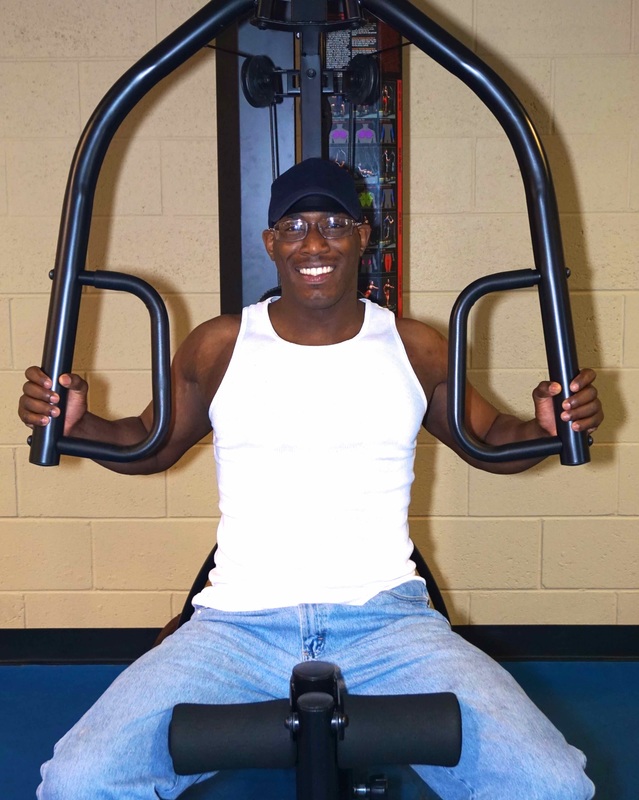
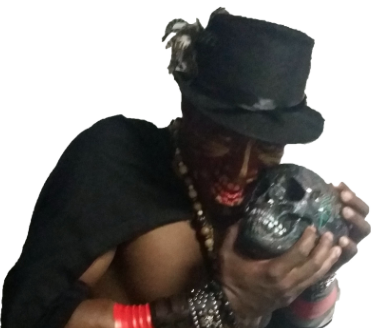
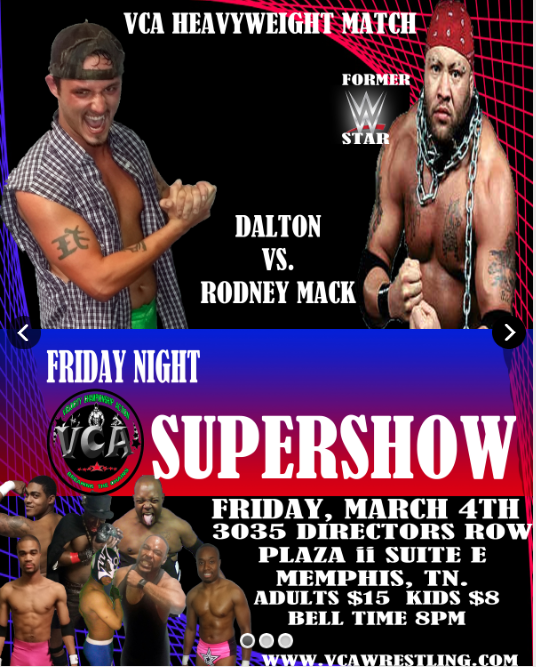
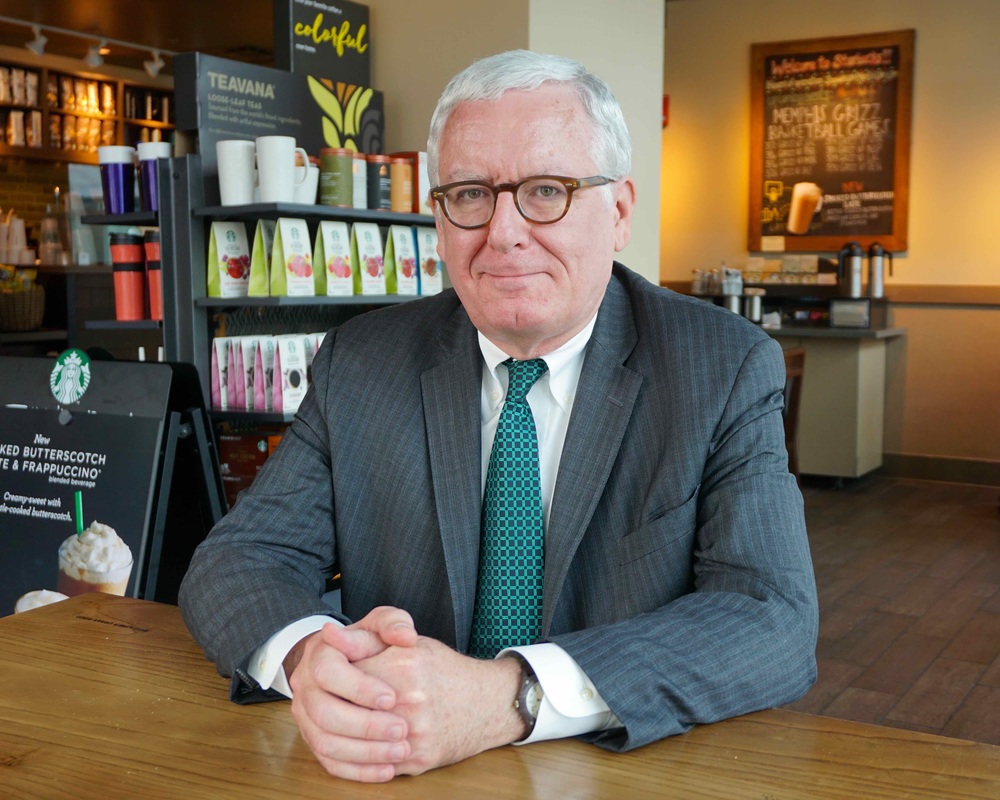

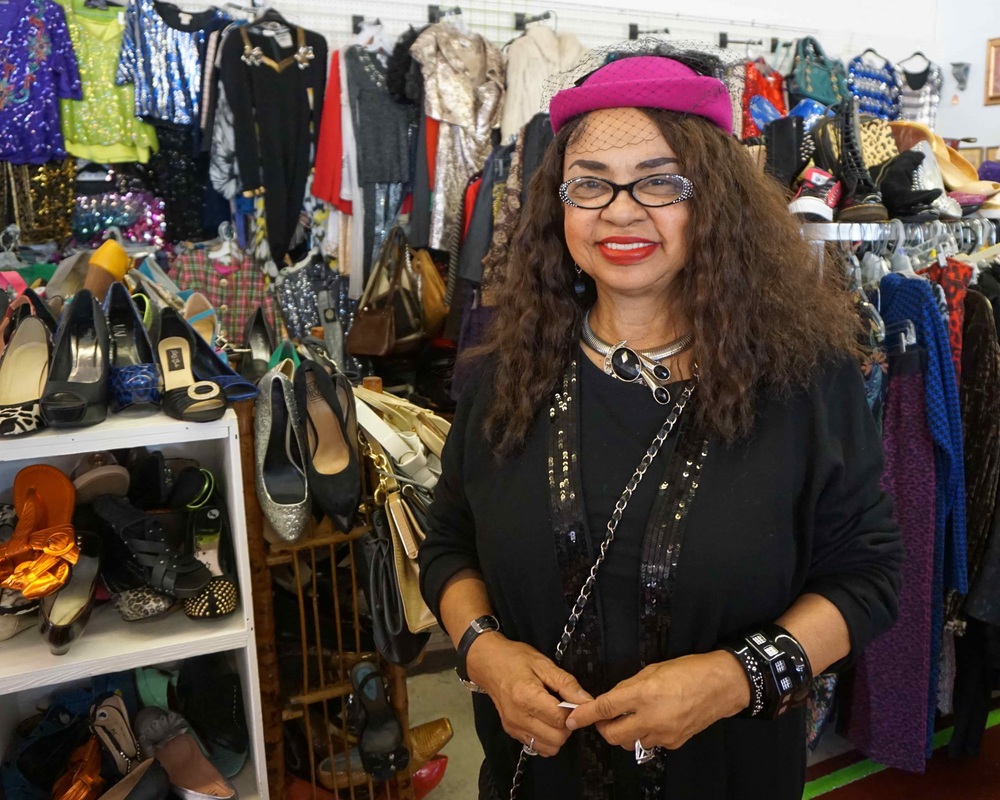
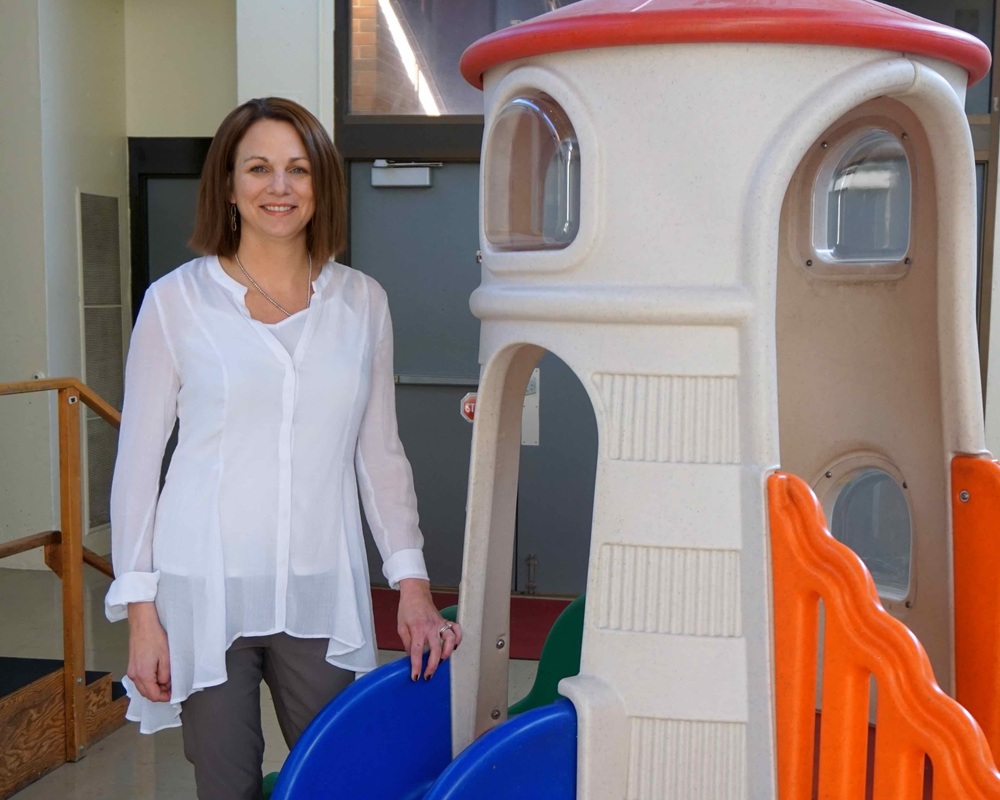
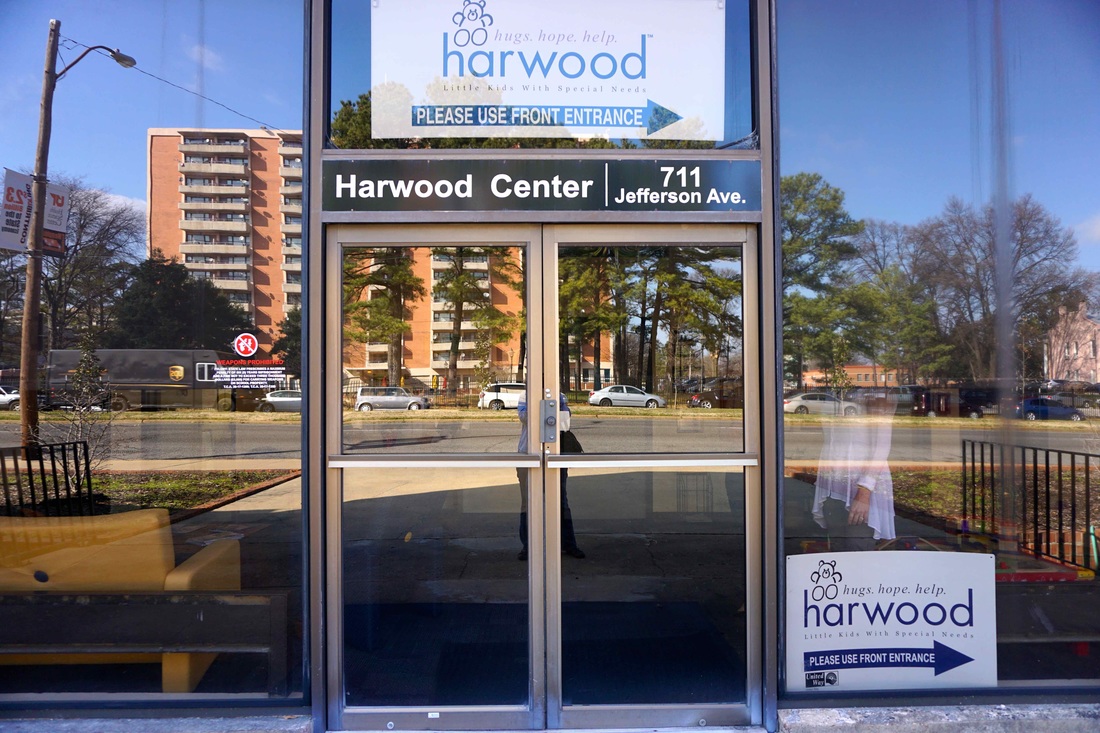
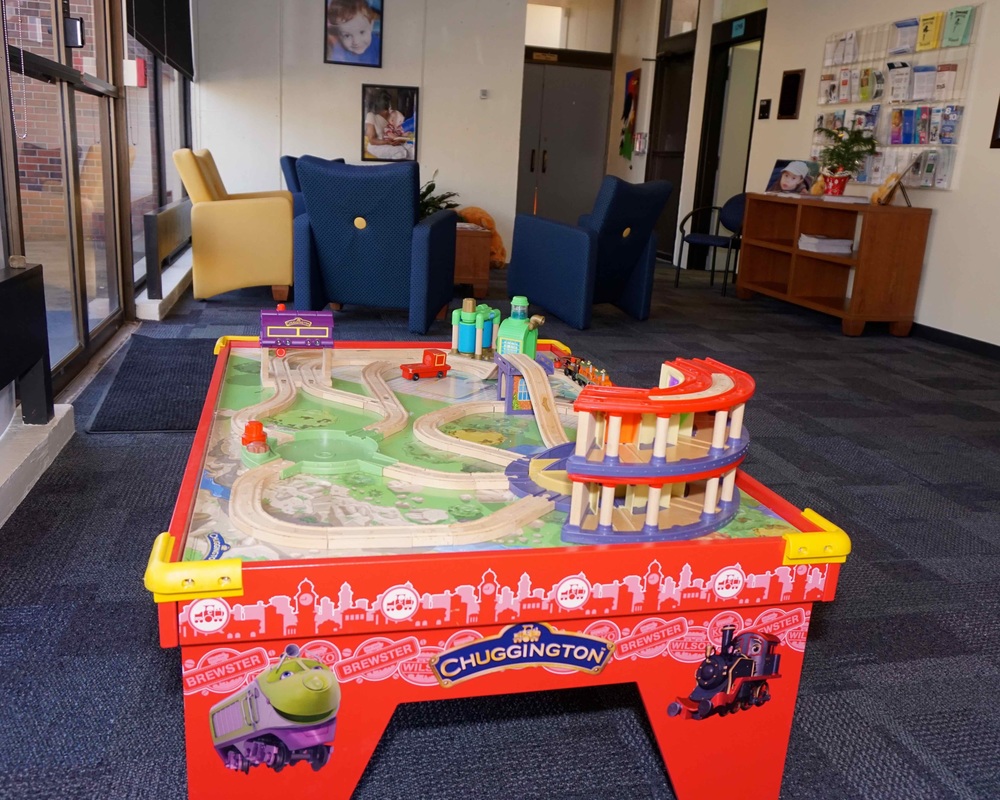
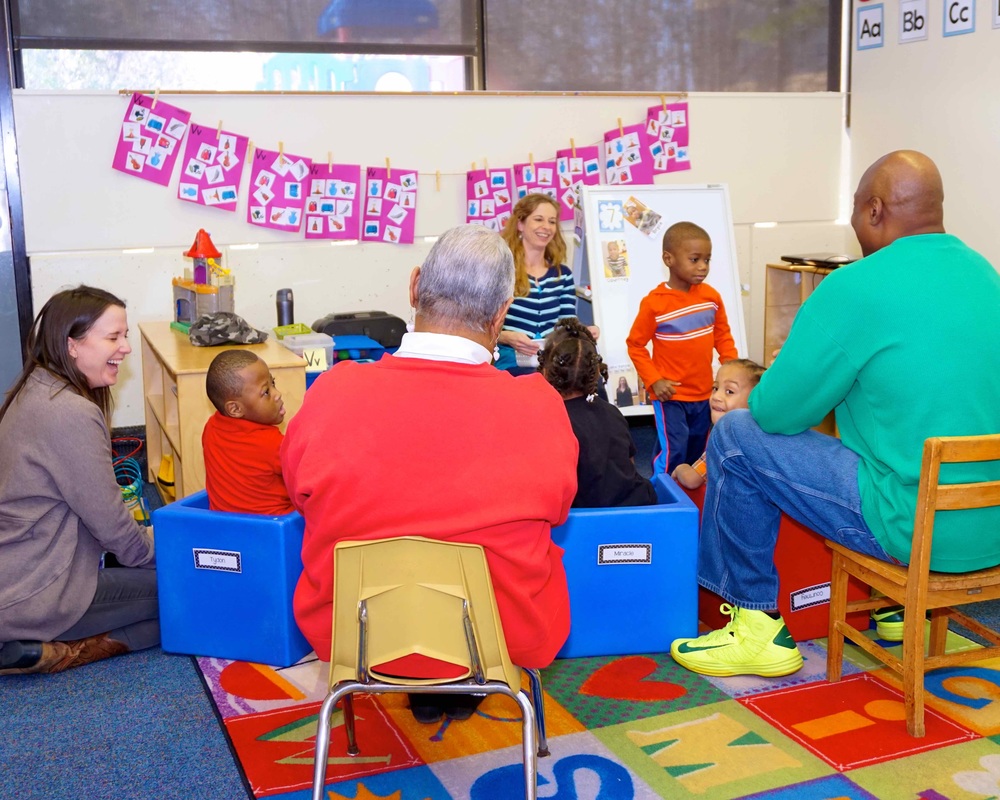
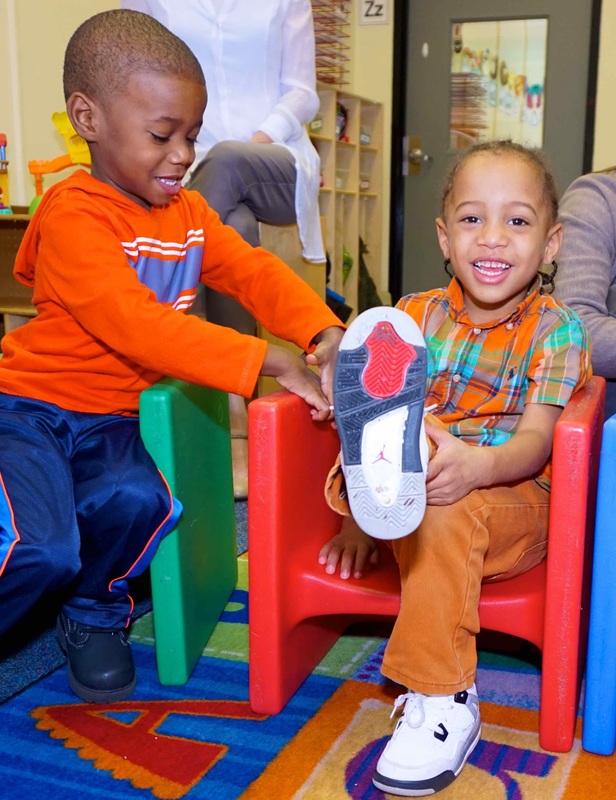
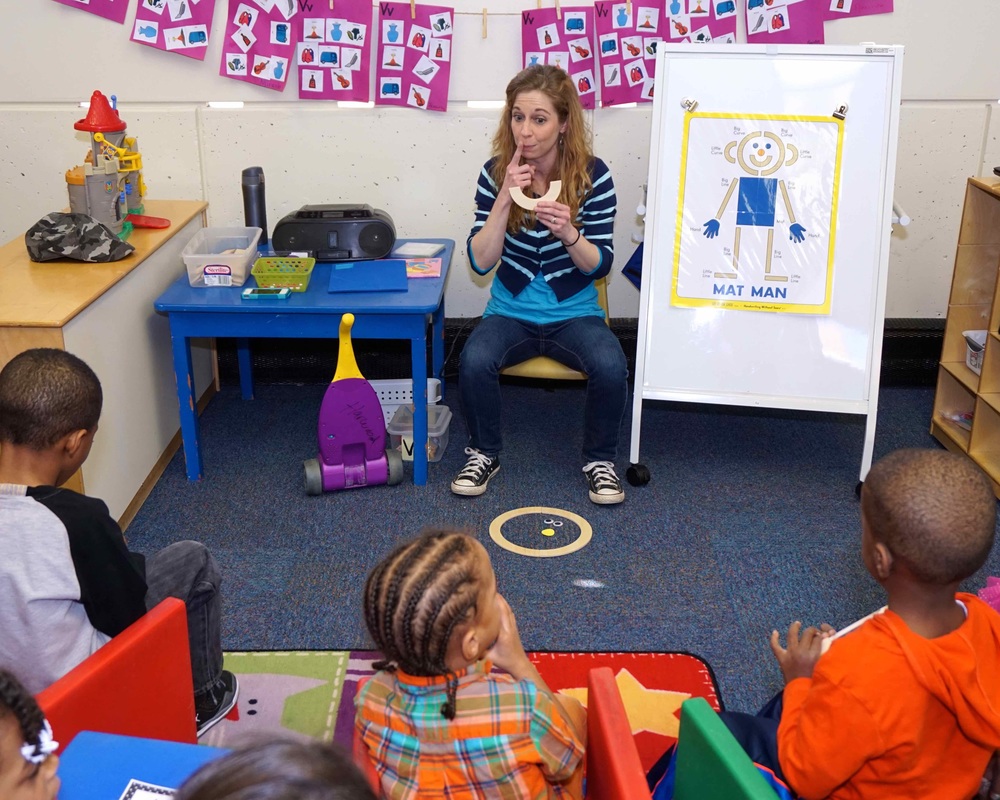
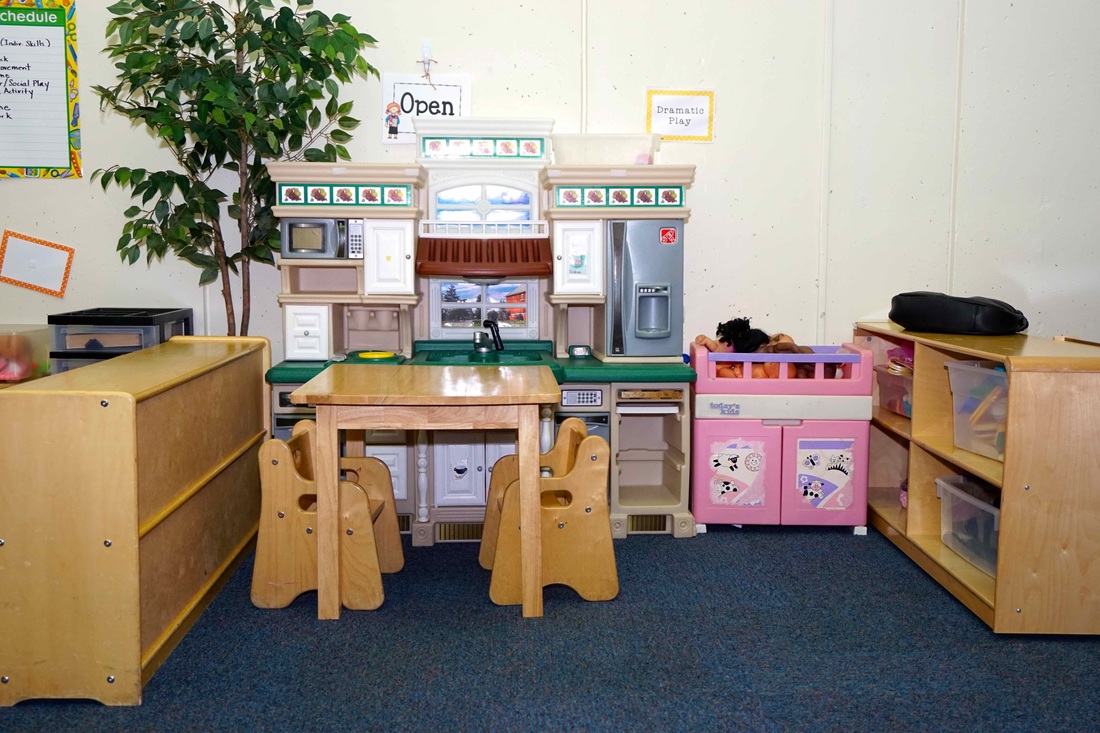
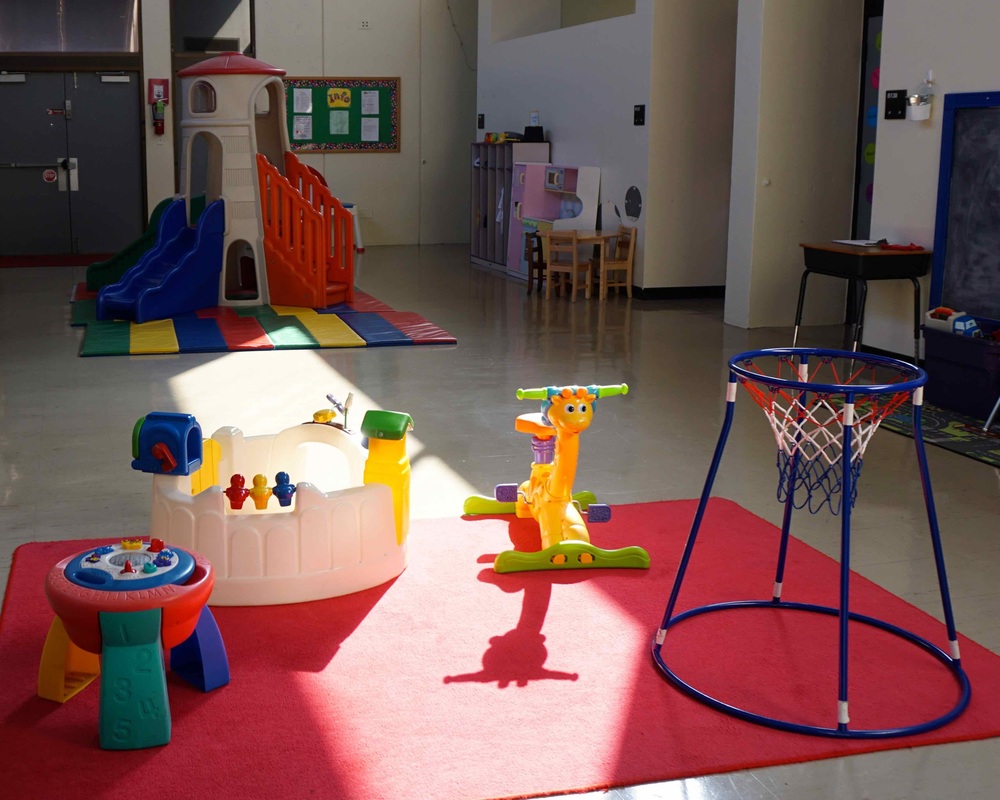
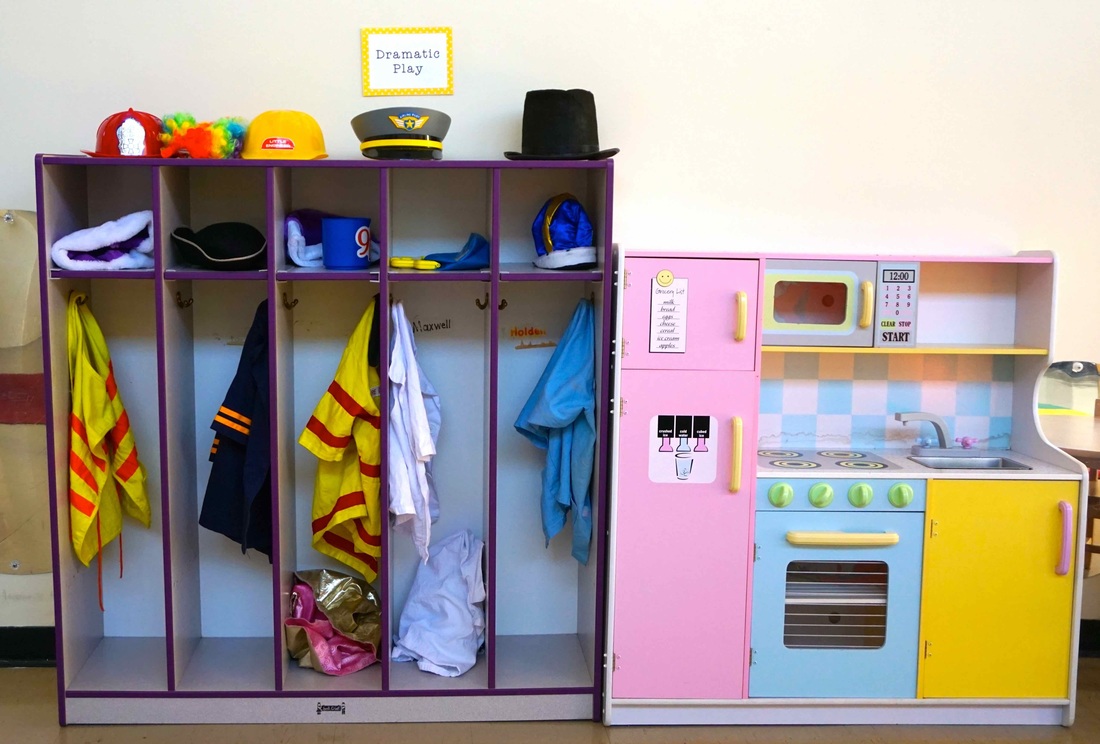
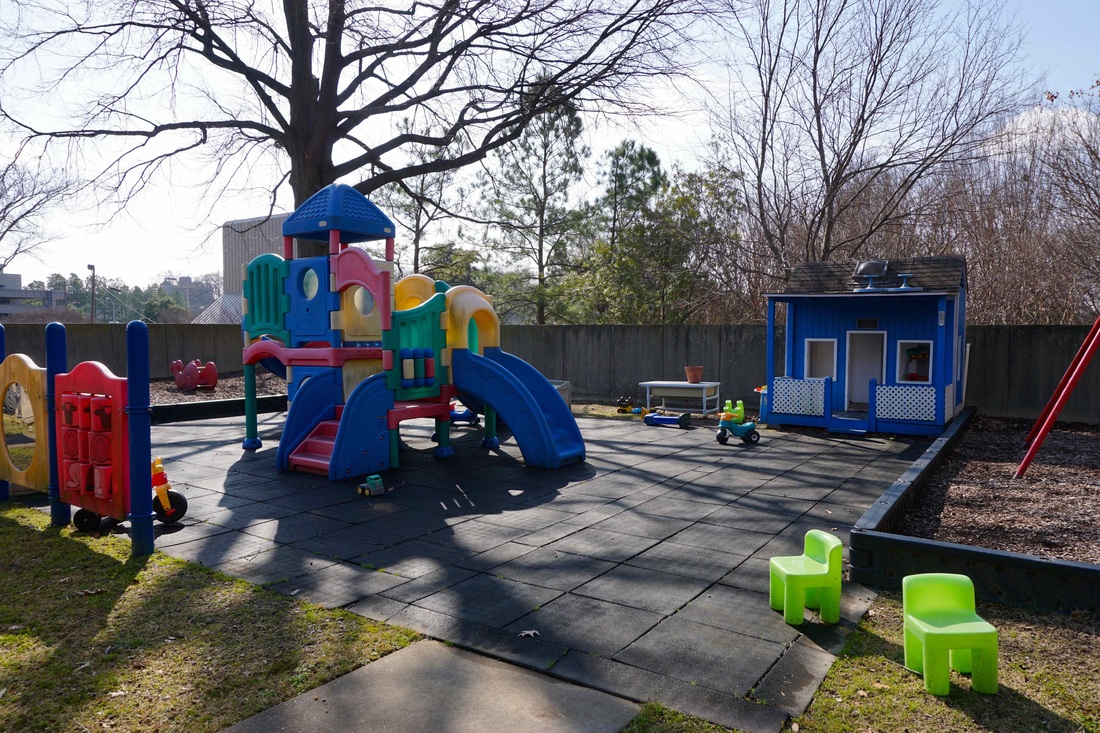
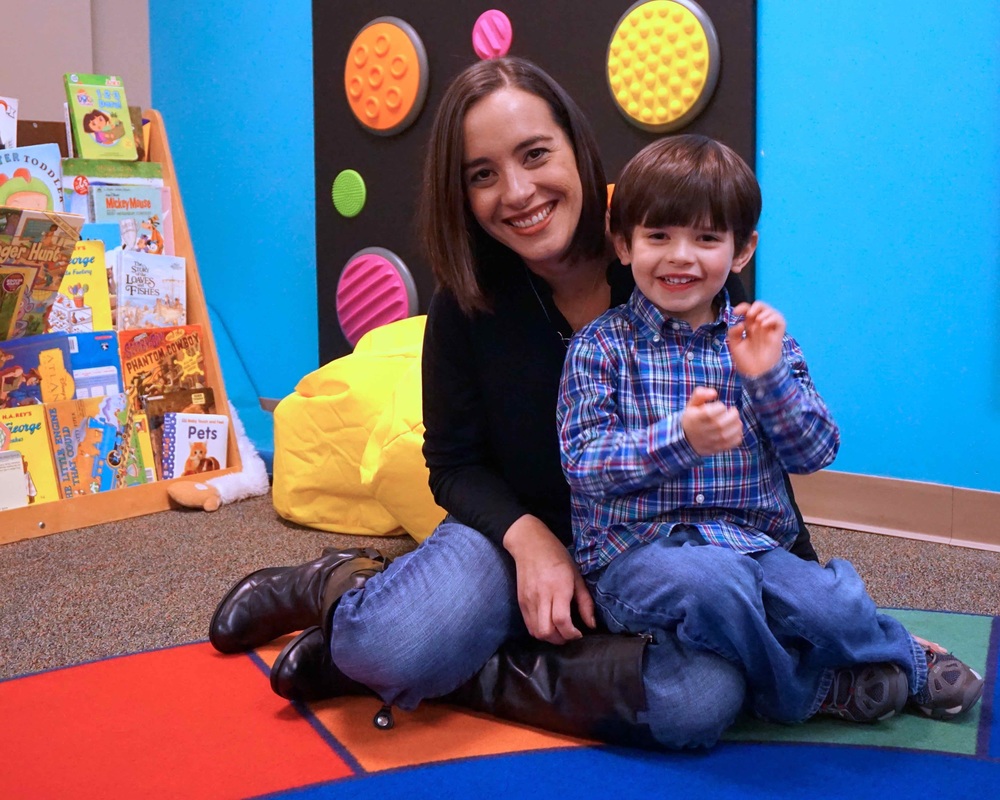
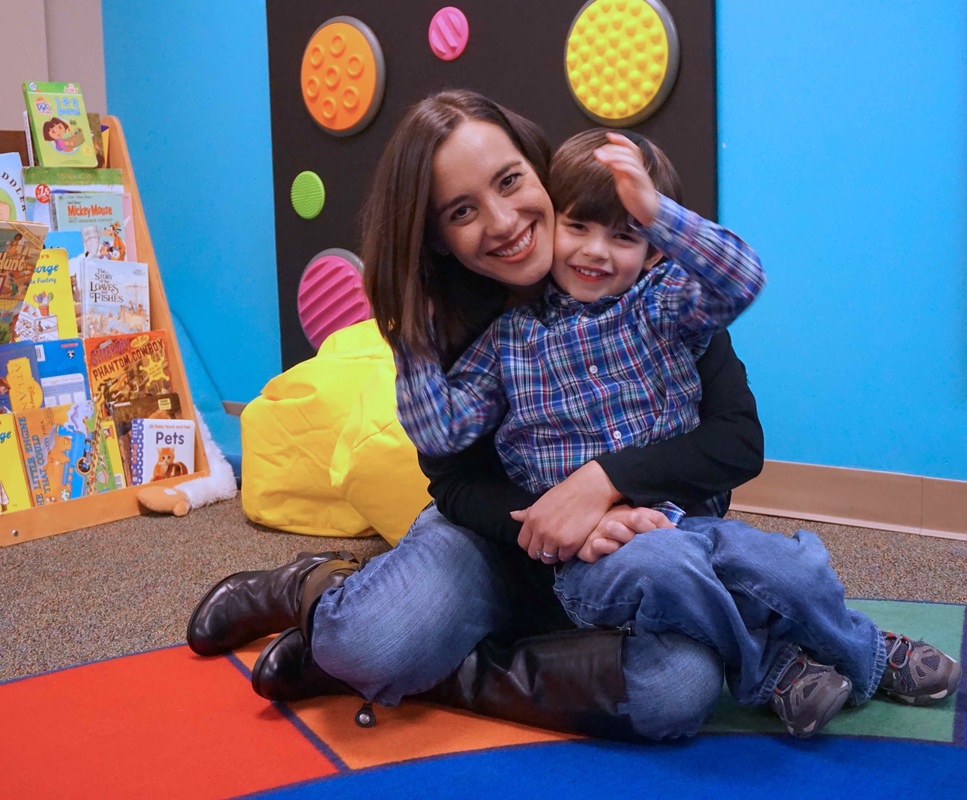
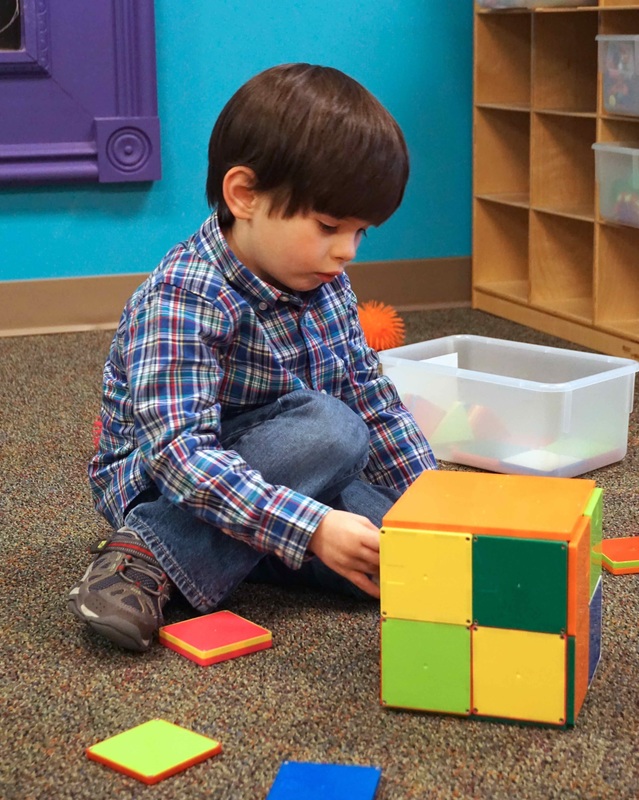
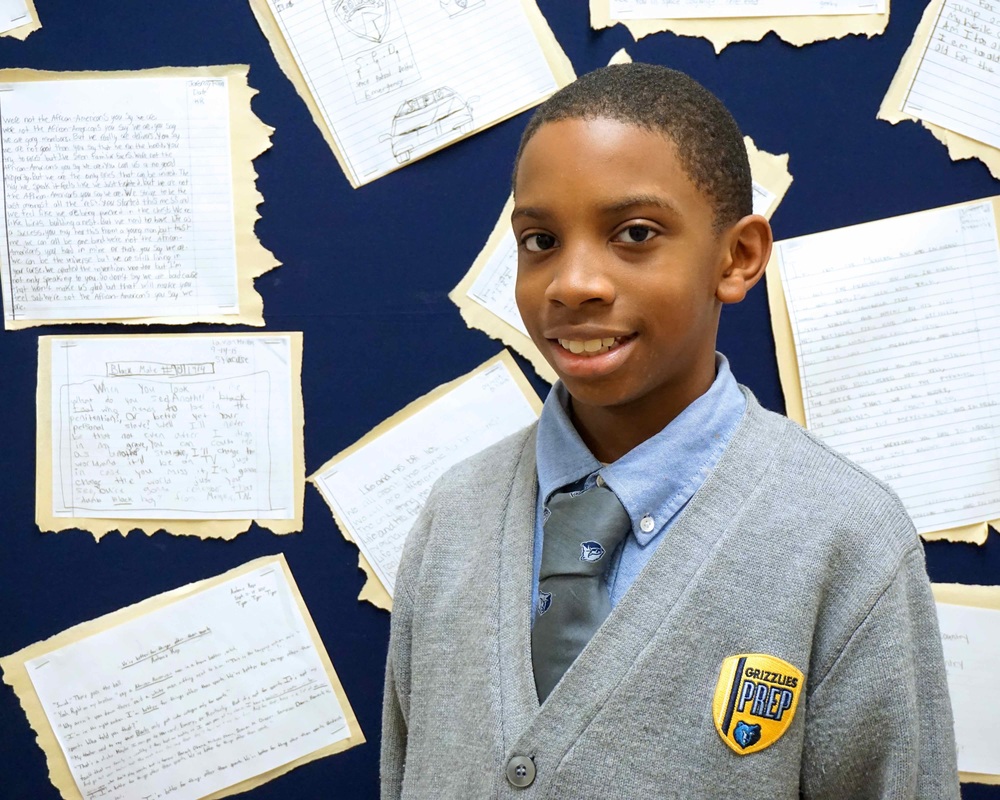
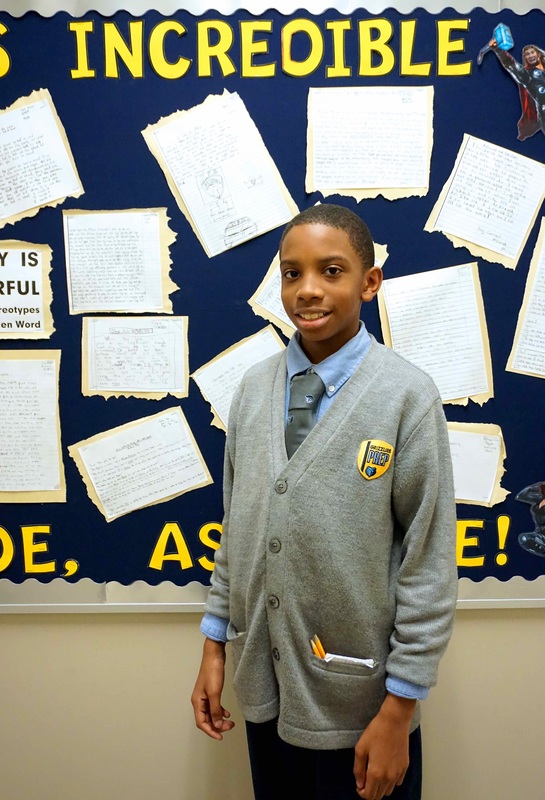

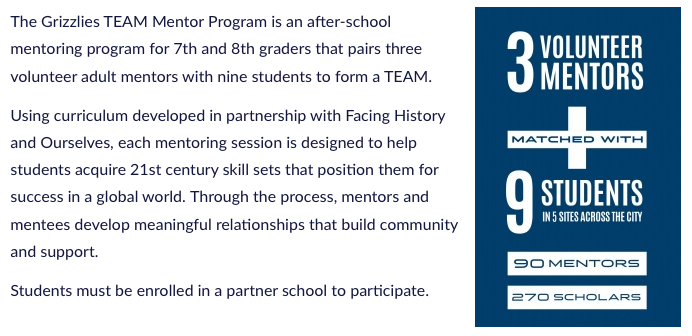
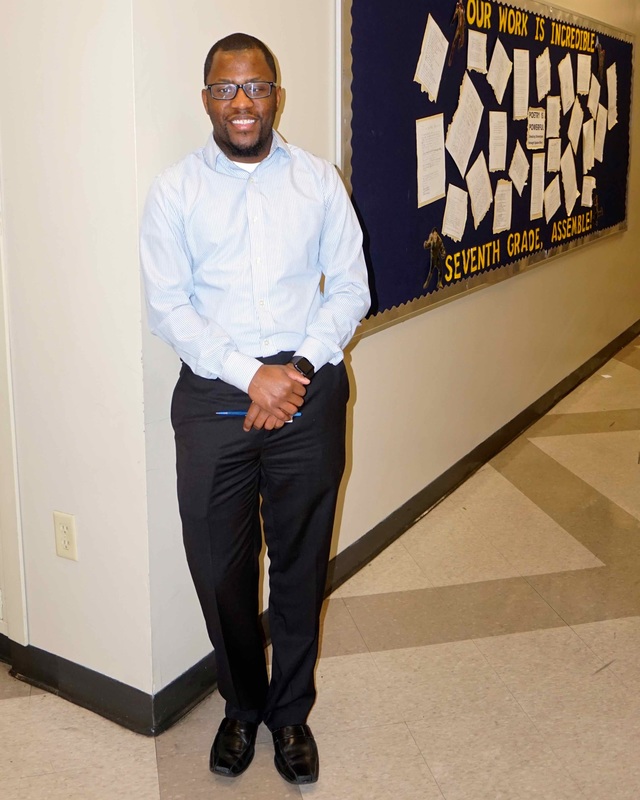
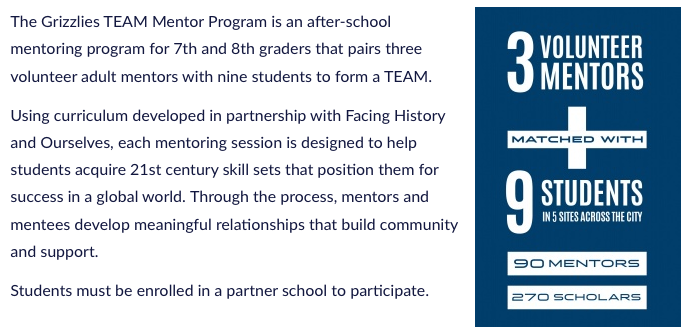

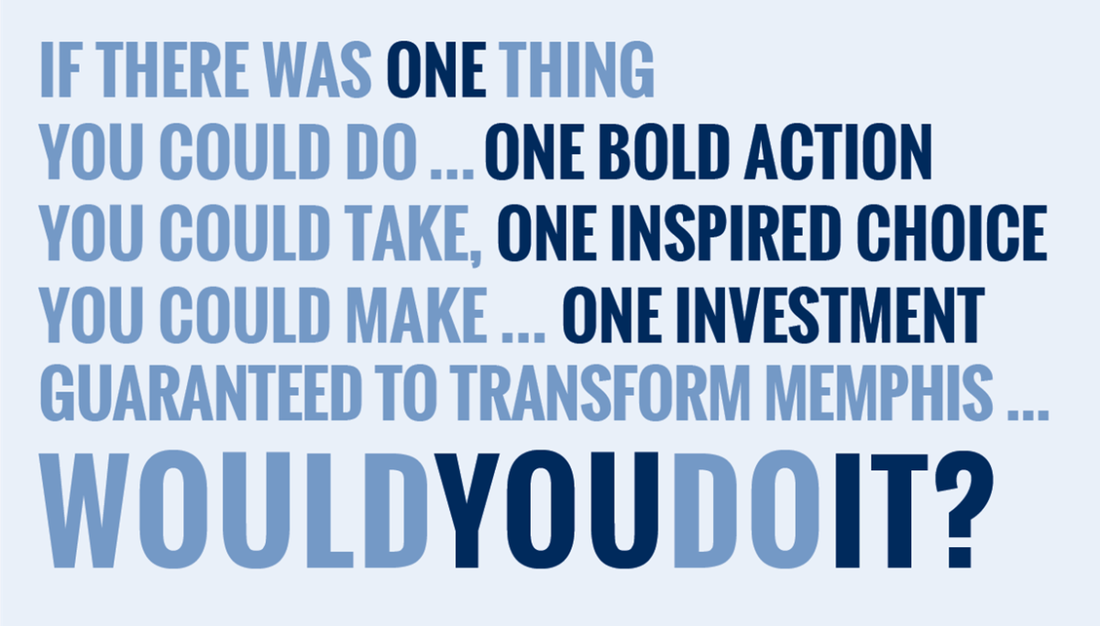
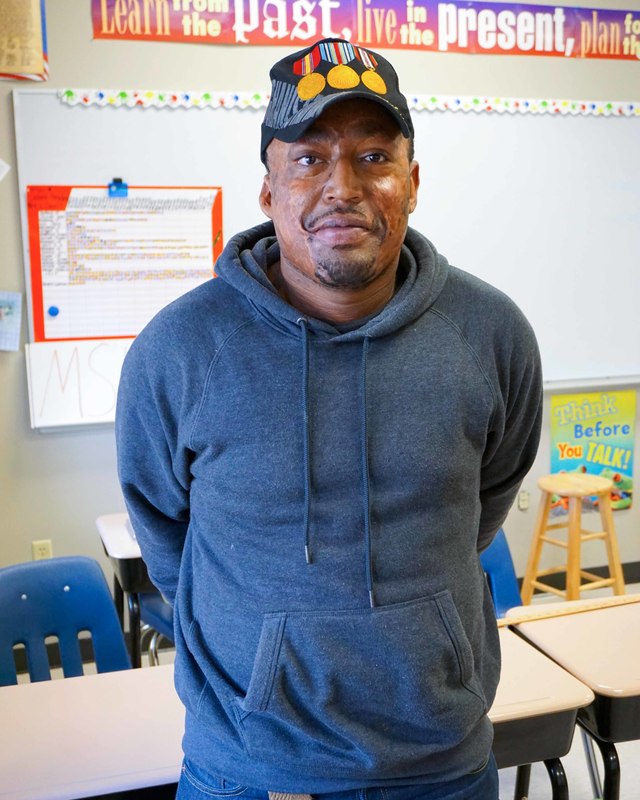
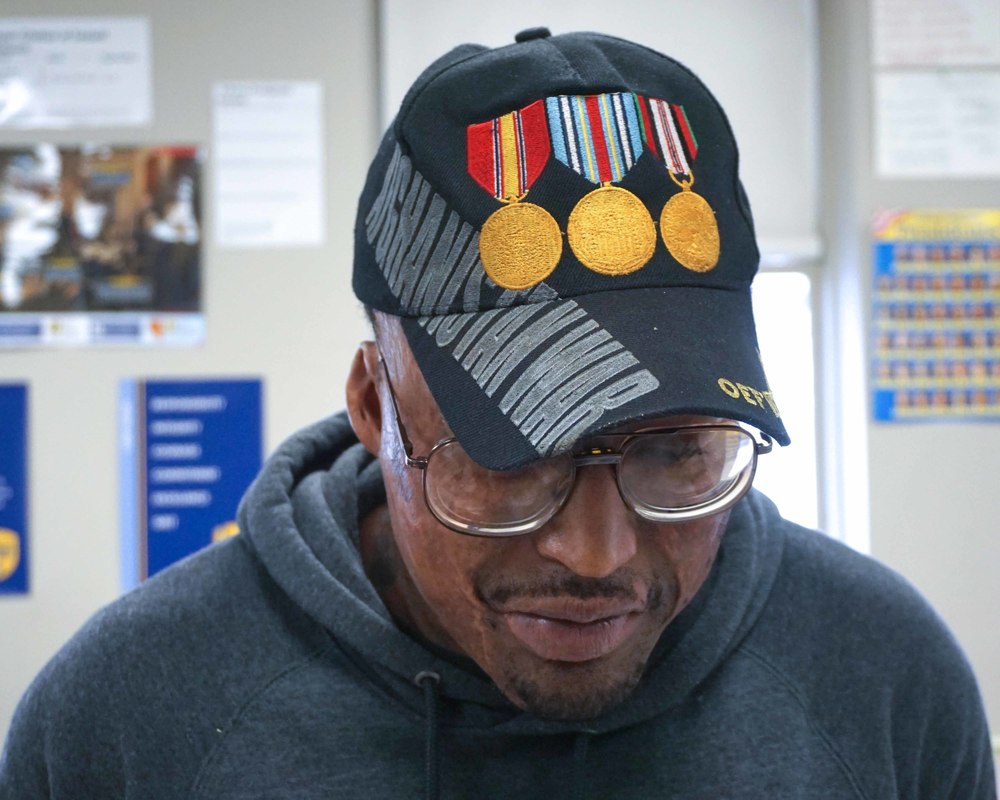
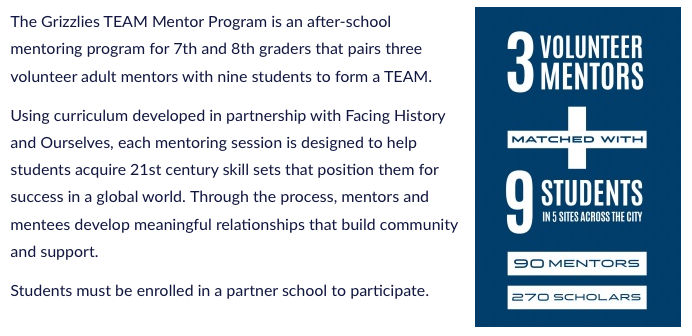

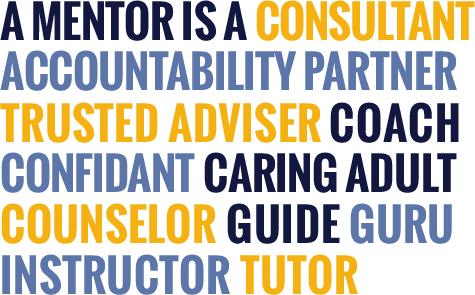
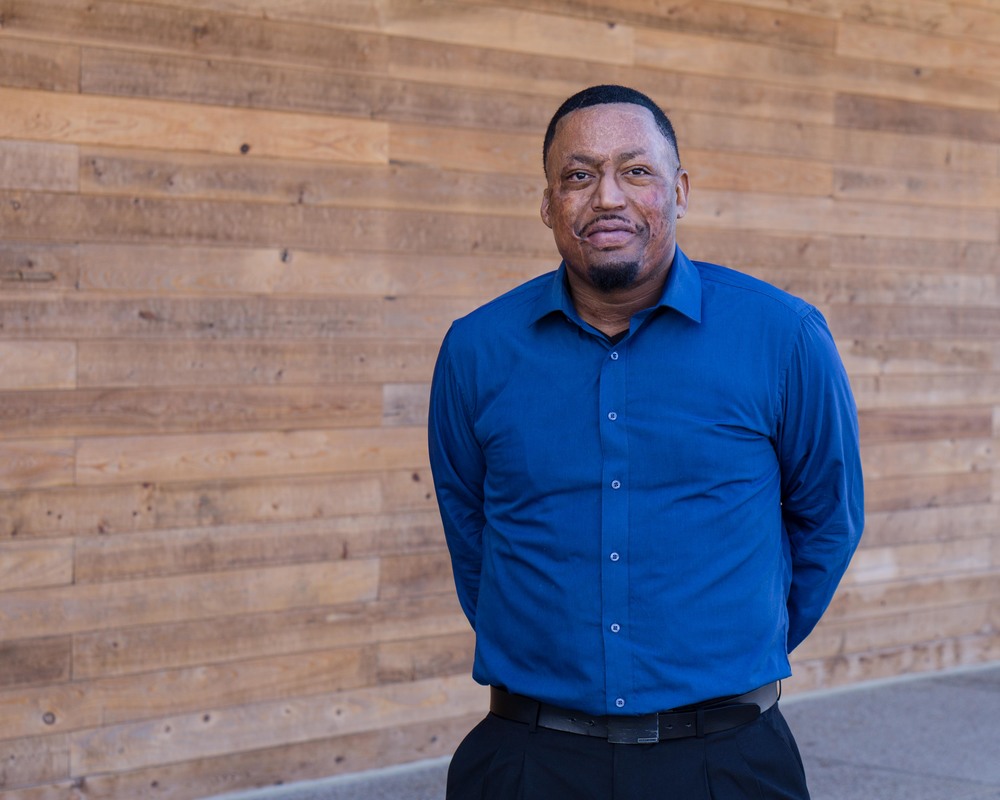
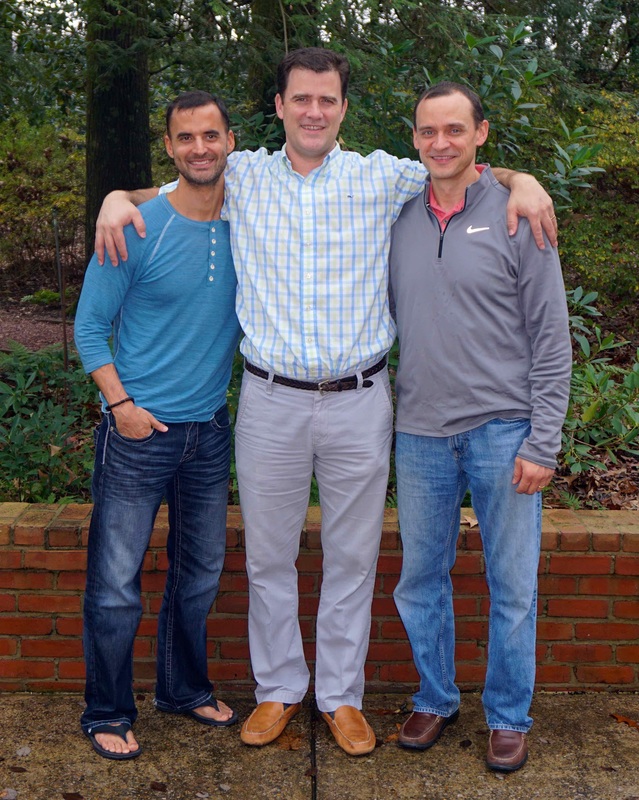
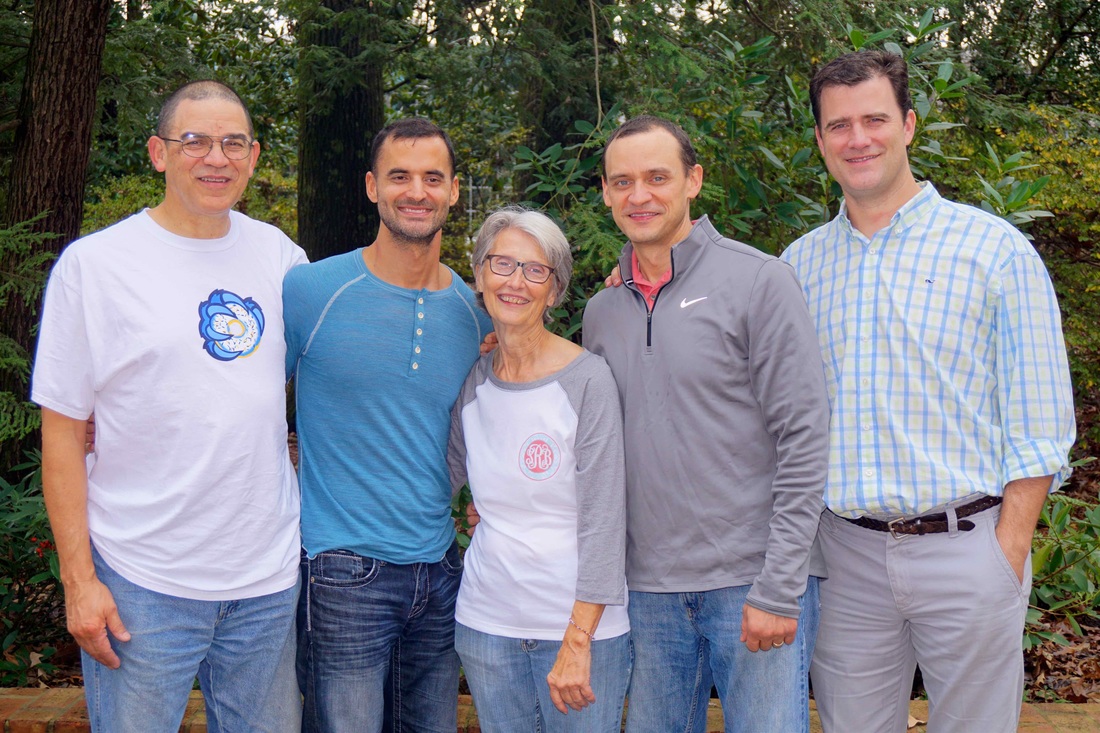
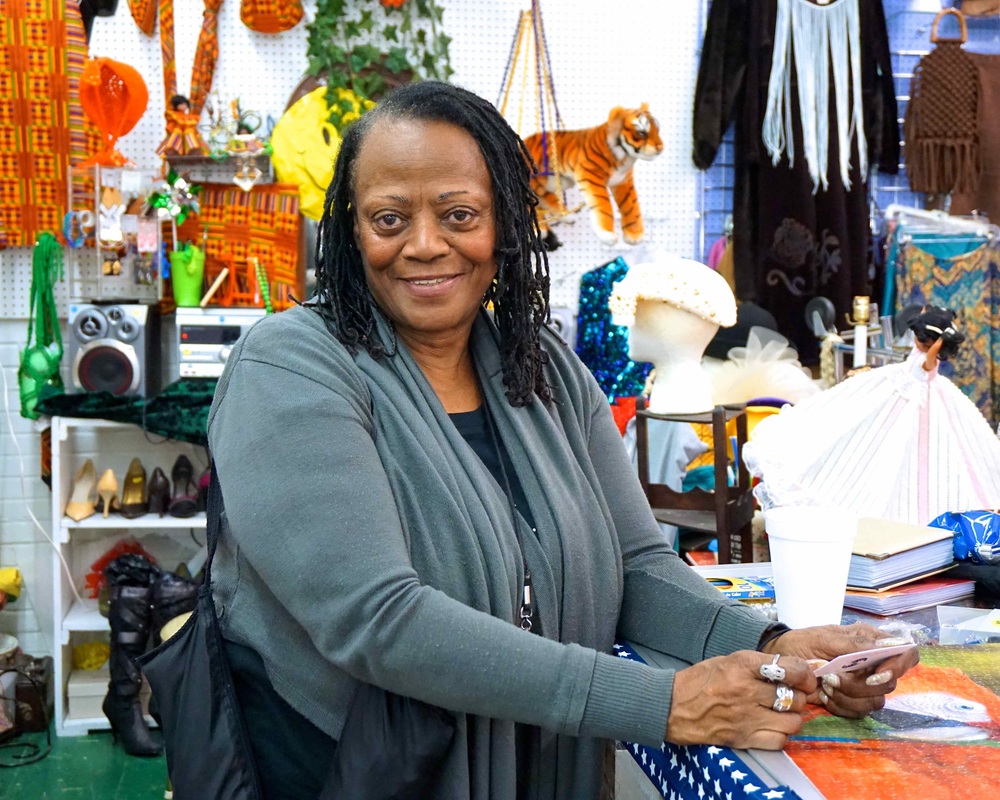
 RSS Feed
RSS Feed